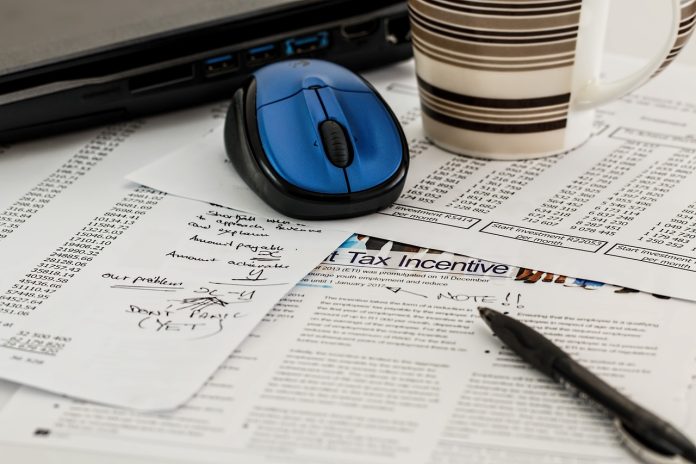By Pauline Green, Head of Product Compliance & Programs, Intuit QuickBooks UK
The upcoming Self Assessment deadline is a critical time for sole traders, often regarded as one of the most stressful aspects of running a business. This Small Business Saturday highlights the vital contributions of sole traders to the UK economy and underscores the importance of proactive financial management.
New data from QuickBooks’ Accounting for the SMB Economy report reveals that UK sole traders incur an average of £2,103 in tax penalties and £2,818 in accounting errors over their business lifespan. However, those who collaborate with a professional accountant or bookkeeper enjoy an average revenue boost of £6,175.60 annually. Given the average monthly cost of an accountant is around £72.85, there’s a tangible benefit in seeking expert support.
As the UK navigates tough economic challenges under the new Labour government, many entrepreneurs are facing tightened budgets, making efficient financial planning more essential than ever. With the Self Assessment season approaching, here are five essential tips to help sole traders manage their taxes, overcome common accounting hurdles, and unlock opportunities for growth.
Invest in Professional Support Early
Many sole traders are tempted to manage their finances independently, however 62% believe that partnering with an accountant early on helps improve financial reporting, cash flow management, and even increases the chance of securing loans or government support—resources essential for growth. Seek recommendations from trusted colleagues or friends, verify their qualifications and experience, and ensure they understand your specific financial needs.
Master the Basics
Sole traders can struggle with fundamental financial tasks amid other conflicting business priorities. QuickBooks found that keeping track of expenses, general bookkeeping and timely tax submissions impact around one third of sole traders and small errors quickly escalate.
More than half of sole traders (56%) use spreadsheets to try and record money in and money out activity, but it can be very difficult to interpret this information into something meaningful, such as, ‘can I afford that bit of new equipment yet?’ Professional accountants and bookkeepers introduce sole traders to simple-to-use software that automates much of this process, reducing the list of financial jobs to be done.
Avoid the January Rush
The Self Assessment deadline is a notorious source of stress, especially for new business owners. The festive season can be a busy time already without loading a tax return in there too. Missing deadlines or filing inaccurate returns can result in fines, or HMRC wanting to claw more money back this financial year, cutting into income.
Filing close to the deadline also means remaining unclear on the income tax liability until way after the financial year is complete. Sole traders can file a return as soon as the tax year is done, and know exactly what they’ll need to pay, well before the deadline for paying it. This can help their cash position and avoid unwanted surprises.
Reap the Benefits of Better Financial Insights
Accountants do more than file taxes. From cash flow analysis to tracking profits, they empower sole traders to make informed decisions. More than simply crunching the numbers, accountants can serve an integral role as strategic financial advisors, counselling on business planning and growth.
That’s why those that utilise accounting and bookkeeping services report an 82.2% satisfaction rate and around 80% say using an accountant has had either a moderate, significant or transformational effect on their financial literacy.
Become familiar with Making Tax Digital and how it might affect you
Following the successful implementation of Making Tax Digital for VAT, the upcoming MTD for Income Tax for the self-employed marks a pivotal shift in how taxes are managed, reported, and monitored. MTD will impact all sole traders with untaxed income over £20,000 per year. With the MTD for Income Tax mandate for digital record-keeping, sole traders will be required to store receipts and financial data electronically, using HMRC compliant software and complete a tax submission quarterly.
Sounds daunting, but according to our report, 57.5% of sole traders are very confident that their accountant or bookkeeper is preparing them for future challenges, such as Making Tax Digital (MTD). Seek some independent advice and find out what you need to do to prepare, and when.
For sole traders, time is a precious resource. Smarter accounting practices enable greater focus on business growth and delivering exceptional service to customers. While hiring an accountant may seem like an additional expense, the long-term savings and benefits often outweigh the initial cost. With the new year approaching, prioritising financial health can turn a small investment today into substantial returns in the future.


